One of the things that worked really well in Throne of Glass was the change of perspectives of characters. One minute I was reading about Celaena’s perspective of a fight she’s in, and then the next paragraph would swap to Dorian’s view of the fight. This helped the reader engage more deeply with the characters and created a better understanding of the bonds between characters and the way each character is feeling about each other during these moments.
Category: Book Reviews
Book Reviews
A review of Clockwork Angel by Cassandra Clare
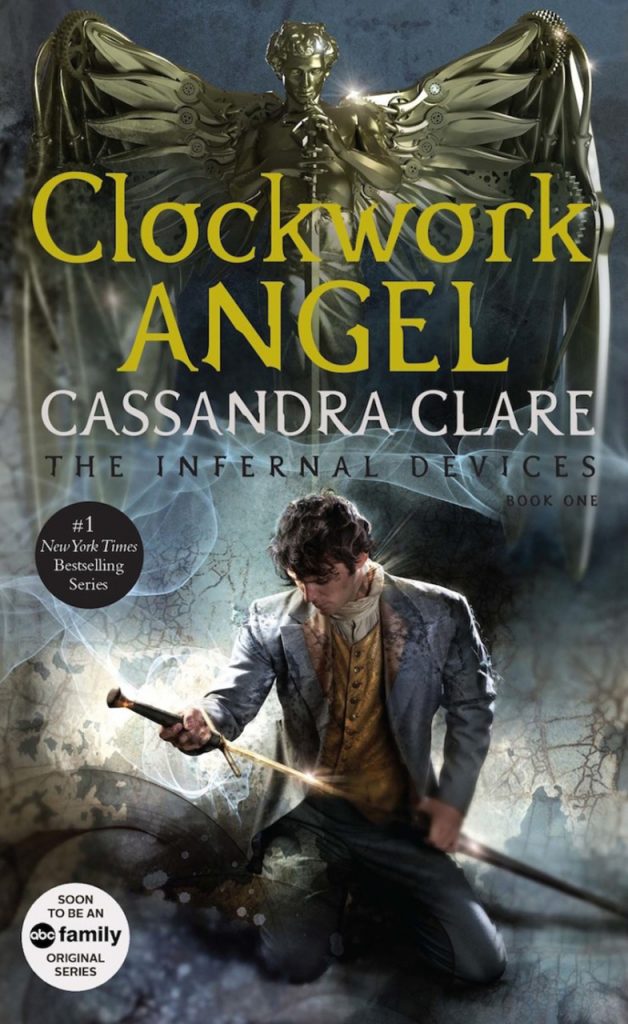 Set in the late 1800s in England, the story follows Tessa Grey, a young American girl who has arrived in London, as she discovers the many secrets of the Shadow World which Clare has created with exquisite detail and imagery. Along the way, Tessa discovers Downworld and the supernatural creatures who belong to it including vampires, warlocks and other paranormal beings.
Set in the late 1800s in England, the story follows Tessa Grey, a young American girl who has arrived in London, as she discovers the many secrets of the Shadow World which Clare has created with exquisite detail and imagery. Along the way, Tessa discovers Downworld and the supernatural creatures who belong to it including vampires, warlocks and other paranormal beings.
A review of Deconstructing America by Chaithanya Sohan and Shaima Adin
 The one topic that all our storytellers weigh in on is the concept of home. What does “home” mean to them? About half the writers say that America is now their home; the other half claims the land of their birth. It is always the last segment of the teller’s tale, a summing up, and the logic each writer uses to make their decision is always compelling.
The one topic that all our storytellers weigh in on is the concept of home. What does “home” mean to them? About half the writers say that America is now their home; the other half claims the land of their birth. It is always the last segment of the teller’s tale, a summing up, and the logic each writer uses to make their decision is always compelling.
A review of Water Bodies by Jeffrey Perso
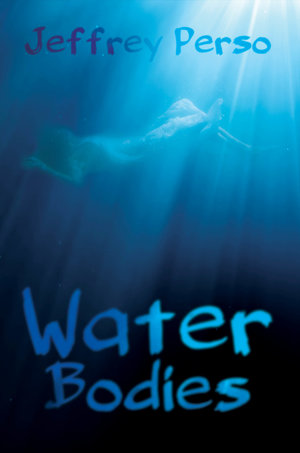 Water Bodies is a bleakly enjoyable wade through the vice and folly that have got us into our catastrophic predicament. Its humour and wit are dry and acerbic; it meanders this way and that, revealing the illogicality and the primitivism, the superstition and the hate brandished by those who seek to expel, to exclude, to neutralize the demons whom they believe wish to devour them.
Water Bodies is a bleakly enjoyable wade through the vice and folly that have got us into our catastrophic predicament. Its humour and wit are dry and acerbic; it meanders this way and that, revealing the illogicality and the primitivism, the superstition and the hate brandished by those who seek to expel, to exclude, to neutralize the demons whom they believe wish to devour them.
A review of Dead Aquarium by Caleb Michael Sarvis
 Unlike the fetid and static water evoked by its title, the writing in Dead Aquarium is amazingly fluid and lucid; and it flows, flows easily and effortlessly, so that there is not a single obstruction or blockage, not one awkward, clumsy boulder of a sentence to interrupt the easy procession of prose.
Unlike the fetid and static water evoked by its title, the writing in Dead Aquarium is amazingly fluid and lucid; and it flows, flows easily and effortlessly, so that there is not a single obstruction or blockage, not one awkward, clumsy boulder of a sentence to interrupt the easy procession of prose.
Word Thrill: A review of Stranger Inside by Laura Benedict and The Woman in the Window A. J. Finn
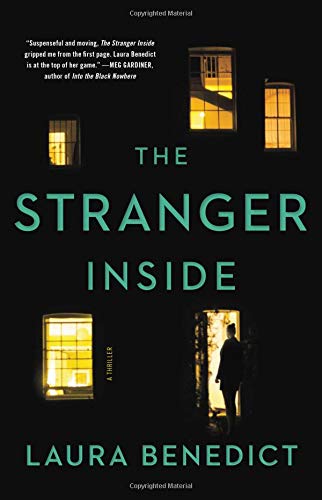 These two books are every bit as powerful, riveting and well done as Gone Girl, just as dark and disturbing, and will sweep readers away from everyday life with their twisted, atmospheric dramas and conflicts—and their shocking, didn’t-see-that-coming endings.
These two books are every bit as powerful, riveting and well done as Gone Girl, just as dark and disturbing, and will sweep readers away from everyday life with their twisted, atmospheric dramas and conflicts—and their shocking, didn’t-see-that-coming endings.
Heartbreaking Gulfs: A Review of Contiguous States By Richard Levine
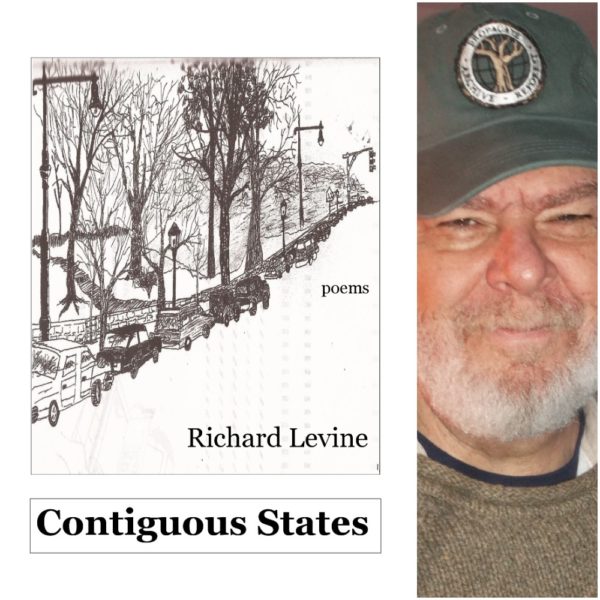 One distinguishing feature of this collection may not be noticed by the reader right away, and that is it is not a collection constructed linearly. Unlike so many poetry collections, it is not a series of poems building to a point. It is, rather, as its title suggests, a poetry of juxtaposed conditions or states.
One distinguishing feature of this collection may not be noticed by the reader right away, and that is it is not a collection constructed linearly. Unlike so many poetry collections, it is not a series of poems building to a point. It is, rather, as its title suggests, a poetry of juxtaposed conditions or states.
A review of Where the Lost Things Go By Anne Casey
 Where the Lost Things Go is a powerful book. The immediate accessibility of the poetry does not diminish the impact of the work, which moves through key moments in life, tracking grief, loss, ageing, parenting, and what it means to take a stance in a world where the need for compassion as a political gesture–deep-seated humanism–is greater than it has ever been.
Where the Lost Things Go is a powerful book. The immediate accessibility of the poetry does not diminish the impact of the work, which moves through key moments in life, tracking grief, loss, ageing, parenting, and what it means to take a stance in a world where the need for compassion as a political gesture–deep-seated humanism–is greater than it has ever been.
A review of Not Her Daughter by Rea Frey
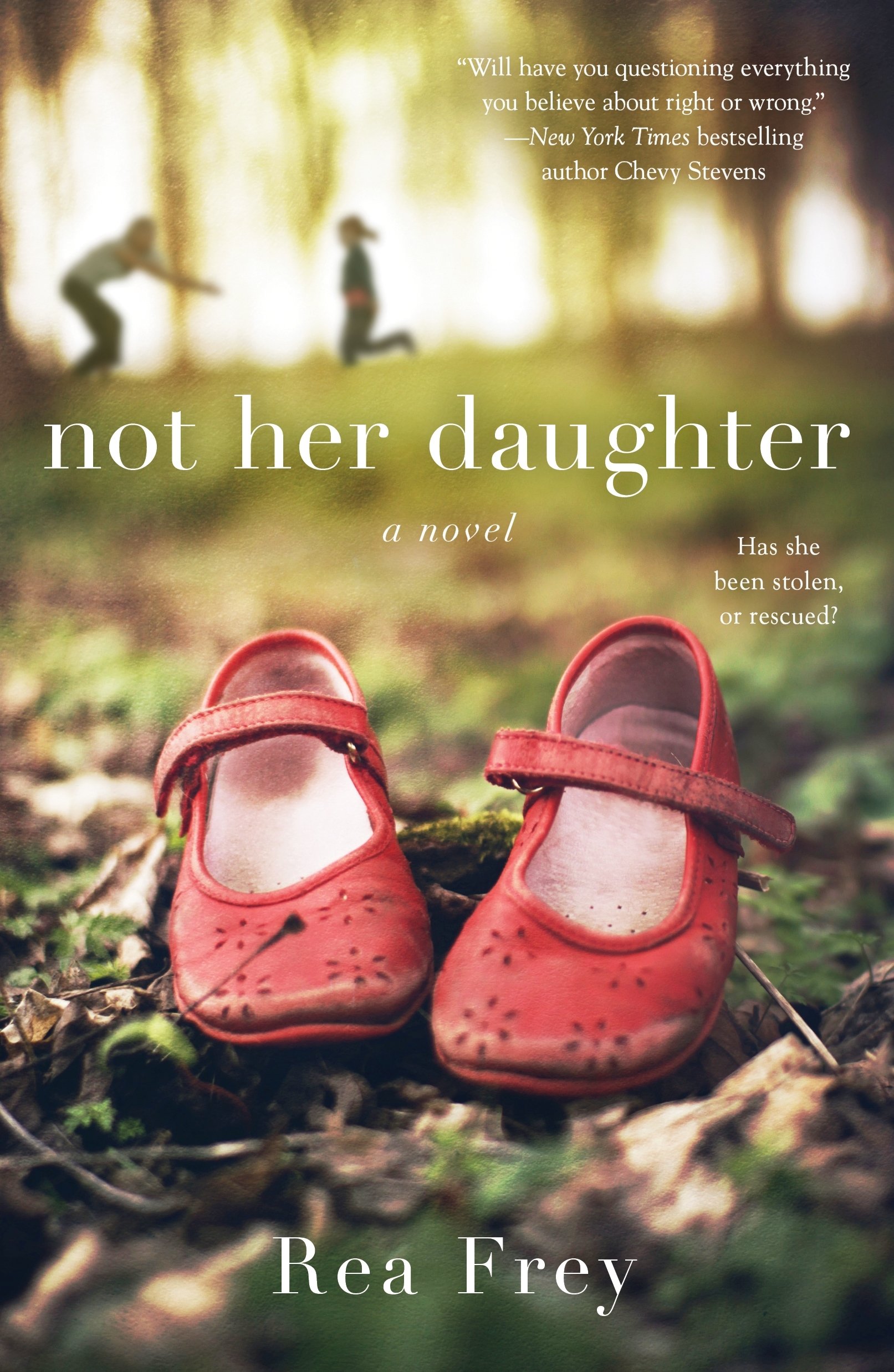 The chain of events that follow set off a list of moral and psychological issues for the characters, but readers will likely find themselves questioning what they would do in a similar situation.
The chain of events that follow set off a list of moral and psychological issues for the characters, but readers will likely find themselves questioning what they would do in a similar situation.
A review of In The Tree We Planted and Buried You In by Billie R Tadros
 The title emphasizes the orthogonal relationship between the ever-presence of a loved one in presence and in absence. Almost as if love itself is a kind of eu-trauma. A poetics that attempts to grasp the complexity of loving as, with, and through trauma.
The title emphasizes the orthogonal relationship between the ever-presence of a loved one in presence and in absence. Almost as if love itself is a kind of eu-trauma. A poetics that attempts to grasp the complexity of loving as, with, and through trauma.